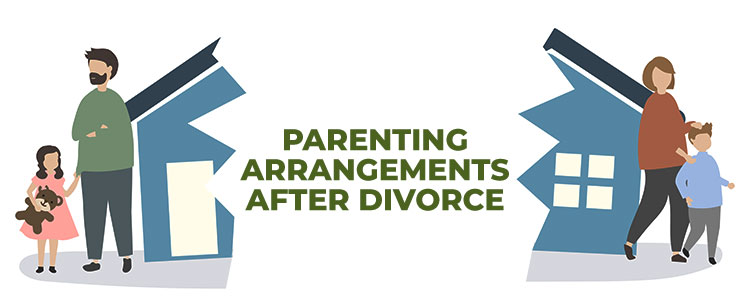Byron Bay Family Law & Mediation Specialists practices exclusively in family law and mediation, offering full and ‘unbundled’ family law and mediation services.
Our accredited family law specialists and mediators are leading experts with the skill, experience and commitment to guide and support you through to the resolution of your dispute.
Separation
- We’ll provide you with the information you need to make an informed decision about separating
- Use our online fixed fee divorce service to obtain a divorce quickly, cheaply and with minimal fuss, no matter your location in Australia or overseas
Children and Parenting
- Parental responsibility
- Living arrangements (custody and access)
- Relocation
- Rights of grandparents and others
Child Support, Child Maintenance and Adult Child Maintenance
- Child Support Agency change of assessment process
- Payments for children and adult children
- Binding Child Support Agreements
Property and Financial Settlements
- Division of assets
- Complex property settlements
- Business, company and trust structures
Superannuation
- Superannuation flagging and splitting orders
- Superannuation Agreements
Maintenance
Payments made to a former partner following separation
Financial Agreements
- To determine how your assets will be divided in the event of relationship breakdown
- May be used to terminate maintenance rights
- ‘Pre-nuptial agreements’, during relationship and following separation agreements
- De facto (including same sex) and marriage relationships
Asset Protection including injunctions and restraining orders
- For personal protection
- To prevent a person from entering or remaining in the home or other areas
- To preserve assets including sale proceeds and business operations
- To preserve superannuation
International Family Law Disputes
- International relocation
- International child abduction
- Hague Convention
- Registration of overseas parenting orders
- International child support
- Registration and enforcement of overseas child and spousal maintenance orders
- International service of legal documents
Intervention Orders
- Legal strategies to protect against family violence
De Facto and Same Sex Relationships
Our ‘Unbundled’ Family Law Services
- Unbundling breaks up the family lawyer’s role into a number of agreed limited legal services
- Unbundling empowers the client to select only those legal services that they require
- Unbundling can limit the lawyer’s involvement to a single issue, court or mediation process including:
- Advice only
- Research only
- Drafting letters or court documents
- Reviewing client prepared letters and court documents
- Negotiation coaching in preparation for mediation or settlement meeting
- Negotiating on behalf of the client
- Attendance at mediation or court appearance on behalf of the client
- Drafting settlement agreements
- Providing independent legal advice for financial agreements
- Supported by a written ‘unbundled limited scope engagement agreement’ (costs agreement)
- Fixed fees by agreement














